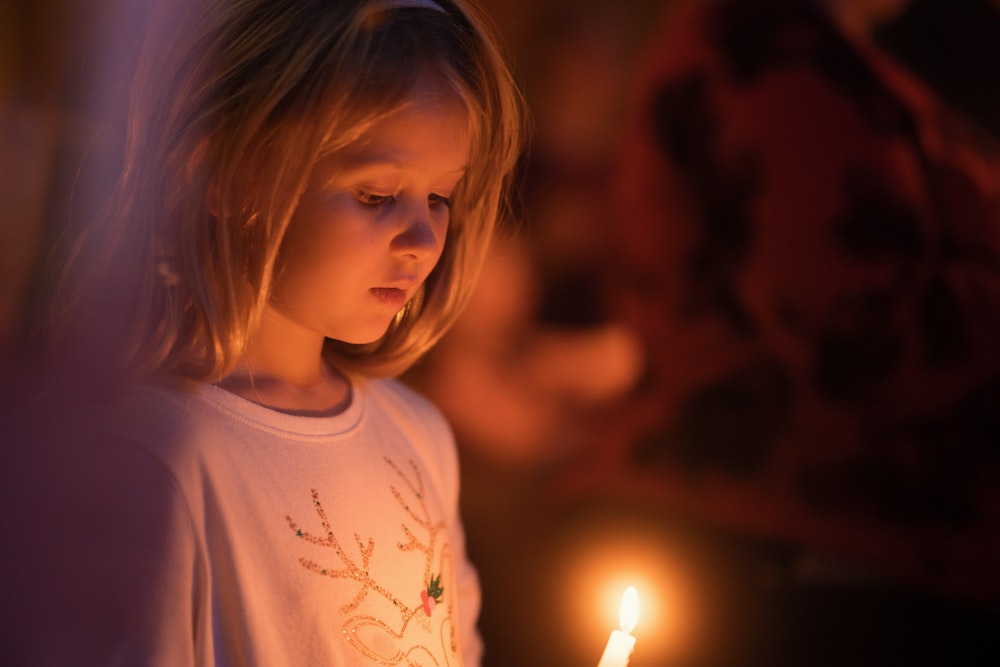(858) 759-0631
Earlier this year, one of the parents of our Montessori School in 4S Ranch was lost forever in a car accident, survived by her husband and preschool-aged daughter.
This sorrowful event shook our students.
Immediately, we needed answers regarding how to train kids to cope with grief:
- What do you tell your children when you know mommy is never coming home?
- How do you train your emotions to learn new ways for your remaining family to cope, maintain and thrive? And more importantly, how do you train your kids to cope with grief...while building resilience?
Early childhood grief is a terrible thing but is a part of life.
We looked quickly for a local expert to help train our students and faculty on how to deal with such sadness and then, go forward. We found a psychologist, Dr. Tarane Sondoozi, whose mission to inspire and empower others and create healthy relationships through the power of stories helped us overcome this loss at our Montessori school.
Listening to your child is the most important thing you can do.
First and foremost, we tried to reshape our thinking to manage this tragic event.
By building new perspectives about what was lost and strategies to empower ourselves, we:
- Employed a new narrative about who we are, where we come from, and why our lives matter
- Focused on finding new points of reference to build resilience.
The Power of Repositioning Grief
Sheryl Sandberg, a high-ranking Facebook executive, lost her husband to a heart attack while on holiday. In an article published in the New York Times, and in a book she co-authored a book with Adam Grant called Option B: Facing Adversity, Building Resilience and Finding Joy, she shares strategies for helping children deal with early grief.
How to Disarm Early Childhood Grief
Sandberg writes, “Tell your kids how much you love them and say, ‘You are not alone.’ Show them they matter…that other people notice you, care about you and rely on you. Yes, you make a difference to others. Walk with them, listen and give them your undivided attention. As parents, we must create and maintain warm and strong relationships. Communicate openly, use effective discipline, avoid depression and help your children develop coping skills and strategies.”
Building New Behaviors
Between these two experts, we implemented an overall approach to manage such a cruel event should it befall us at our Montessori School in 4S Ranch again. Chief among Ms. Sandberg’s specific strategies to benefit children was creating and posting a list of new, accepting behaviors.
It’s Okay To:
- Be Sad
- Cry
- Be Happy
- Laugh
- Be Angry and Jealous of friends and family who still have a mom or dad
- To Say To Anyone, “I don’t want to talk about it now”
- To Ask For Help
Creating a Brighter Tomorrow
Even after a loss, there is so much to appreciate in life. Talking about the past can build resilience. Building your family’s past history creates a stronger sense of belonging. Talking openly about memories—good and bad—can help kids make sense of their past and rise to future challenges.
As a result of our learning, we implemented a new action plan in case tragedy walks with us again. Our goal: helping our Montessori students cope with loss and learn to position it—or reposition it—within their learning.
This learning is also helpful to those parents who didn’t get this ‘let’s talk about it’ behavioral strategy when tragedy ensnared them. One Lifetime Montessori School grandfather candidly said he had been holding in what happened to him when his mom died for decades... After seeing this article, however, he said these strategies had been therapeutic and helped him process his emotions differently. Dealing with tragedy is a wound we must heal whether we’re four or 64 years old.
“Resilience leads to better health, greater happiness, and more success,” Sandberg said. Resilience is a muscle we can help kids build.” Surely, building new emotional depth in our students—and parents—helps us address tragedy and manage it.

